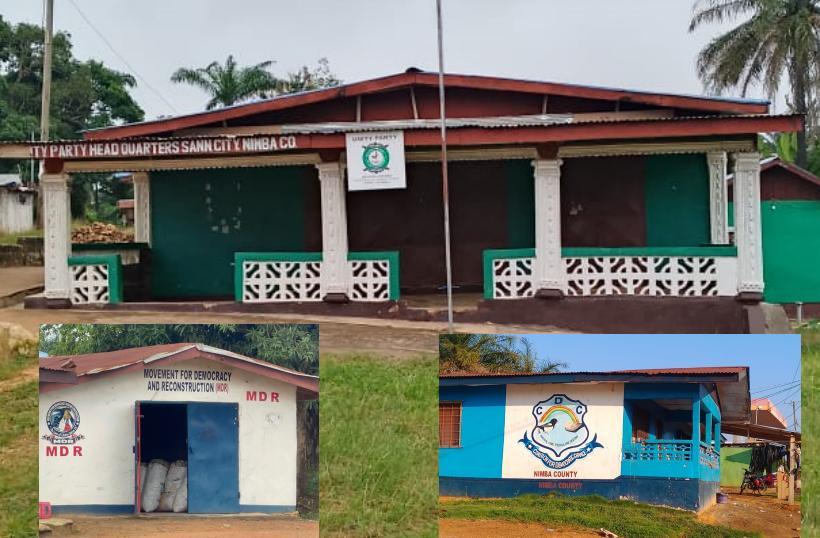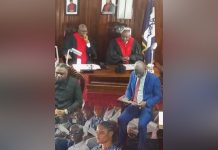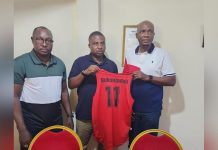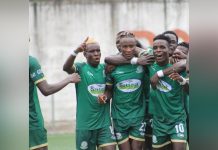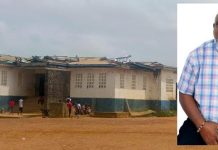Africa-Press – Liberia. Efforts to reach key parties’ official for insight into the closures of these offices have been unsuccessful.
In the wake of Liberia’s recently concluded Presidential and Legislative Elections, residents of Nimba County have witnessed an unexpected and concerning development.
The offices of major political parties—including the ruling Unity Party (UP), the Movement for Democracy and Reconstruction (MDR) Party founded by the late Senator Prince Yormie Johnson and the opposition Congress for Democratic Change (CDC)—have all been shut down and remain closed to the public.
This development is particularly unsettling in Nimba County, a key electoral stronghold often regarded as one of Liberia’s most vote-rich regions. The closure of these political party offices has raised questions, speculations and growing frustrations among locals, especially as no official explanations have been provided by party leaders or government officials.
Since the election results were announced, the Unity Party has shuttered all of its offices, including the crucial County Office in Nimba.
Citizens, who previously relied on these offices for party related activities and civic engagement, have found themselves locked out, with no clarity on when or if the offices will reopen.
Similarly, the MDR Party’s presence in Nimba County has visibly diminished following the passing of its founder, Senator Prince Yormie Johnson in November last year.
The Ganta-based MDR Office, which was once a hub of political activity and community organizing, now sits eerily quiet and largely deserted, resembling a “cold fire,” a metaphor the locals have used to describe the decline of the party’s influence and spirit in the region.
Adding to the political shift in the county is the rise of a newly formed party, the Citizens Movement for Change (CMC), which appears to be gaining significant traction among Nimba’s electorate.
Many residents have enthusiastically embraced the CMC, seeing it as a fresh alternative that better represents their interests, especially in light of the waning visibility and activity of the older parties.
Efforts to reach key figures for insight into the closures have been unsuccessful. Multiple calls to MDR’s National Chairman and Minister of Labour, Cllr. Cooper Kruah, have gone unanswered. Attempts to contact the Unity Party’s Nimba County Chairman Nelson D. Bearngar have similarly yielded no response. The silence from party officials has only deepened public frustration.
Local citizens, feeling marginalized and unheard, turned to the community radio station in Ganta to voice their concerns. Many expressed disappointments in what they view as political neglect and institutional opacity during a critical moment in Liberia’s democratic process.
They are worried that the absence of accessible party offices could hinder political mobilization and community engagement in future elections.
Observers note that the closure of these offices, especially in a politically influential county like Nimba could have far reaching implications for Liberia’s democratic landscape. Political parties traditionally use county offices as vital points for citizens’ interaction, voter education, and representations.
Their absence raises concerns about democratic participation and transparency at the grassroots level.
As Liberia moves forward from the recent elections, the people of Nimba County hope for renewed political engagement and transparency from all parties.
The reopening of party offices would not only restore vital channels of communication but also reaffirm the commitment of political leaders to their constituencies in one of the country’s most pivotal electoral regions.
For More News And Analysis About Liberia Follow Africa-Press

